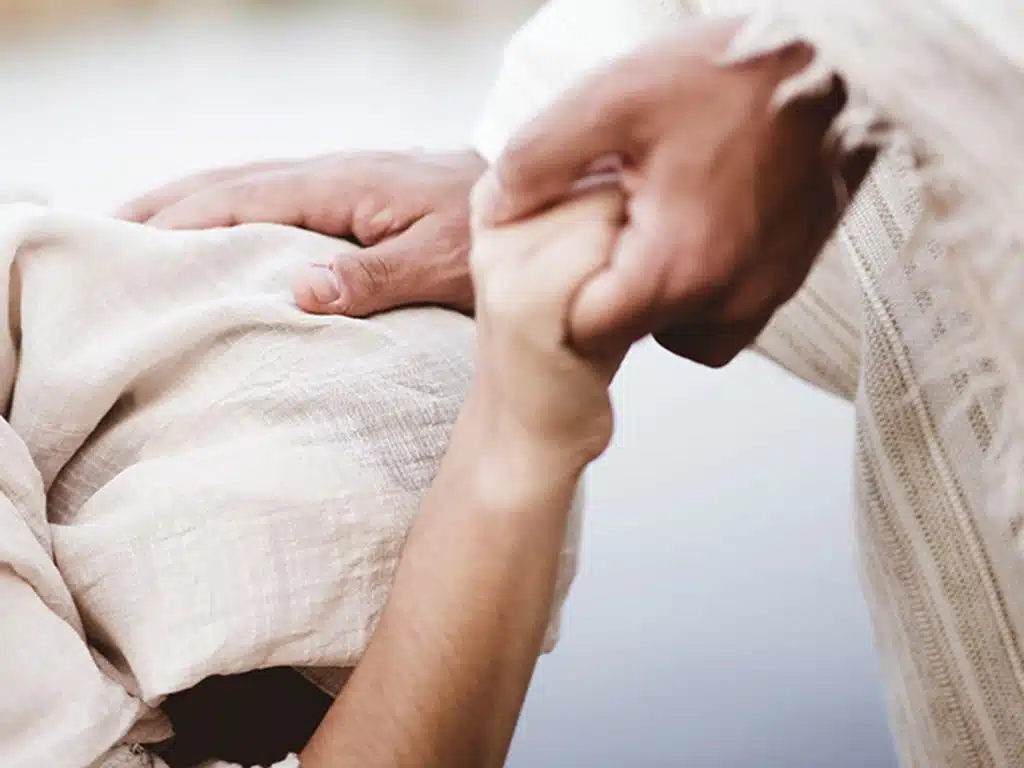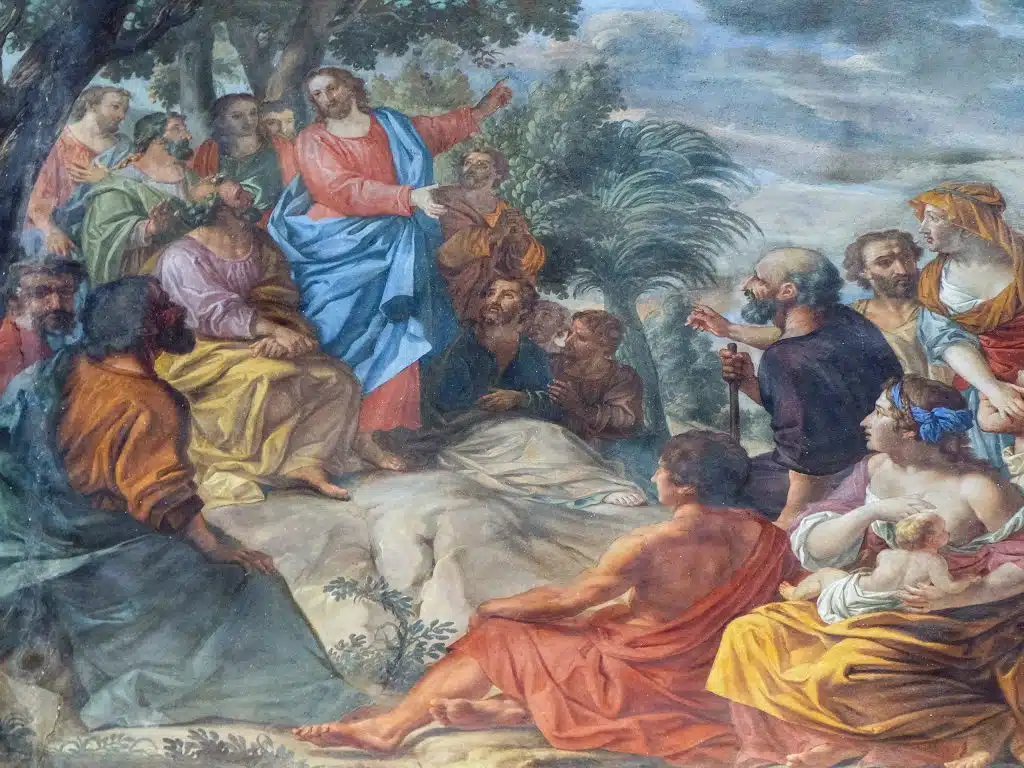It was with a sense of certain irony that I read of Attorney General Janet Reno?s attempt to make physician assisted suicide readily available to patients who have been given fewer than six months to live. Just minutes before reading that article, I had learned of the death of Colonel Michael Pennefather, a man whose remarkable faith and grace when faced with his own mortality gave true meaning to the phrase “death with dignity.” I spent an afternoon recently with some students and parents from Seton Junior-Senior High School where “Colonel P” was a teacher and coach. They shared with me the incredible blessings bestowed on them by a man who lived to serve his students until the very end. Colonel Pennefather had a reputation for being a tough taskmaster. He was very demanding and challenged each and every child to give his very best. He had a knack for discerning the strength of each individual on a team, developing those strengths and encouraging the player to use them for the good of the team. The true aim of coaching, according to Colonel Pennefather, was character training. Teaching a child to give nothing less than total commitment on the playing field was easily conveyed into a spiritual lesson for life. Says Ellen Flannery, “He taught me that I could do anything?academically, athletically, or spiritually.” Ellen?s mother, Alice, recalls that Colonel Pennefather requested a meeting with her husband and her. It was one of countless meetings with parents and students in his home in the weeks prior to his death. He related how important fathers are to the spiritual development of their families and he also emphasized how crucial athletics are to some children. “He told us that some kids get great spiritual joy from playing sports. They gain a greater understanding of the joy of heaven through their physical activity. It is necessary for their spiritual development.” During the weeks before he died, Colonel Pennefather had personal messages for many of his students. One young lady, in danger of not returning to Seton because of poor academic performance, went to his house weekly for tutoring. Her mother told me that the spiritual direction she and her entire family received during those weeks was priceless. “He really guided her to make changes, to work on overcoming pride by crowding it out with humility. Her saw her once a week, right up to the week he died and he telephoned her daily. He encouraged our family to develop the practice of praying the daily rosary and the Divine Chaplet. He had a constant stream of people into his home in those weeks. It was his mission to reach as many people as possible. He was always happy, anxious to put us at ease, and to convey that death was not something to be feared.” That might be the greatest lesson his young students learned. When he told the student body that he had terminal cancer after a school Mass, he asked them to pray for him. Then he stressed that he was at peace with God?s plan in his life. He encouraged the students to read Trustful Surrender to Divine Providence. He gave several more talks in the weeks that followed, sharing wisdom about life and death. To children who were naturally terrified of death and loath to think about mortality, Colonel P taught his most powerful lessons. Says Maura Flannery, “He told us this was ?God?s show? and that we are just actors under his direction. He made us understand that there is a purpose in all things, according to His plan. His talks always made me cry, but the day that my father told me that Colonel P had died, the first thing I felt was happy. I was happier for him than I was sad for myself.” Maura?s brother, Brendan, freely admits that when he arrived at Seton he was a less than serious student. Colonel Pennefather held him to a higher standard and demanded nothing less than excellence. Once he was confined to home, he called Brendan weekly to check on the behavior and progress of the kids in his class. “A couple of times he really let me have it. I?d have to go back to class and tell the guys to toe the line because if they didn?t Colonel P would have my head. He graded all our papers, right up until the end. Just before he died, his handwriting was like scribbles on the page. We couldn?t read it at all but we knew that he knew how we were doing.” If a man?s success can be measured by the character of his children, Colonel Pennefather was very successful indeed. Three of his children have been called to religious life. Two are married and teachers at Seton; one is in college; and his daughter Mary was married exactly a week after her father?s funeral. All the students I talked to remarked on the evident faith in the Pennefather family. Said Brendan, “I know he got a lot of religious strength from his wife. He said she is a saint, really and truly. He passed that faith on to his children.” Seton students were given a true lesson in faith and grief as they watched Bob and Dick listen to their father?s talks at school. Brendan and Ellen described how Bob Pennefather shared with the students that he was losing his hero, his mentor, and his best friend. Indeed, in an article Colonel Pennefather wrote shortly before he died, he referred to his seven children as his “best friends on this planet.” His children and those students he “adopted” and held close to his heart want nothing more than to live up to the example he set. In the weeks before he died, Colonel Pennefather heard from many of his former students, who took the time to thank him for the influence he?d had on their lives. He shared his heart and his home with the Catholic community in a profound and touching way. He lived and breathed death with dignity. “Just before his death,” recalls Brendan Flannery, “he went out of his way to talk to me.” The message? “I probably won?t see you again. I love you. God Bless.”
Copyright ?1998 Arlington Catholic Herald, Inc. All rights reserved.
Columnists
Death with Dignity
Elizabeth Foss
9/19/16


